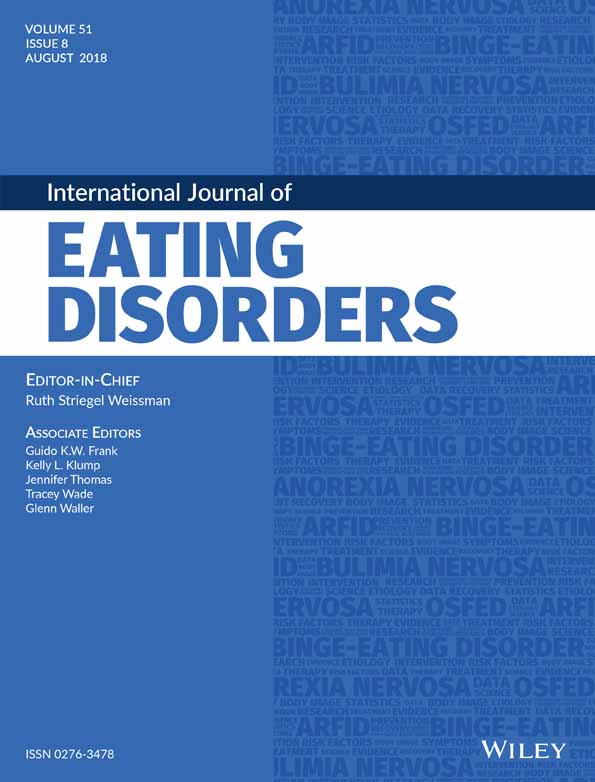Successful use of electroconvulsive therapy in a patient with anorexia nervosa and severe acute-onset obsessive–compulsive disorder
Abstract
Anorexia nervosa (AN) is a complex condition that is often accompanied by several serious comorbidities that may require a variety of treatment modalities throughout the course of the illness. Obsessive–compulsive disorder (OCD), which is common in patients with AN, may occasionally cause serious interruptions to the daily functioning of the patient. We report on a 24-year-old male patient with chronic AN. During the beginning of his illness, he had a major depressive episode that was followed by AN onset. Throughout his illness, he also experienced chronic moderate depressive symptoms and later developed severe OCD. He experienced complete remission from the OCD and an improved mood after undergoing a course of bilateral electroconvulsive therapy (ECT). His OCD symptoms did not recur during the first year of follow-up. ECT may prove to be a fast and effective treatment strategy for severe and disabling acute-onset OCD that occurs during the course of comorbid AN. The case described herein shows how a comorbid psychiatric disorder in a patient suffering from chronic AN may disrupt the daily functioning of the patient if it is not urgently treated.




